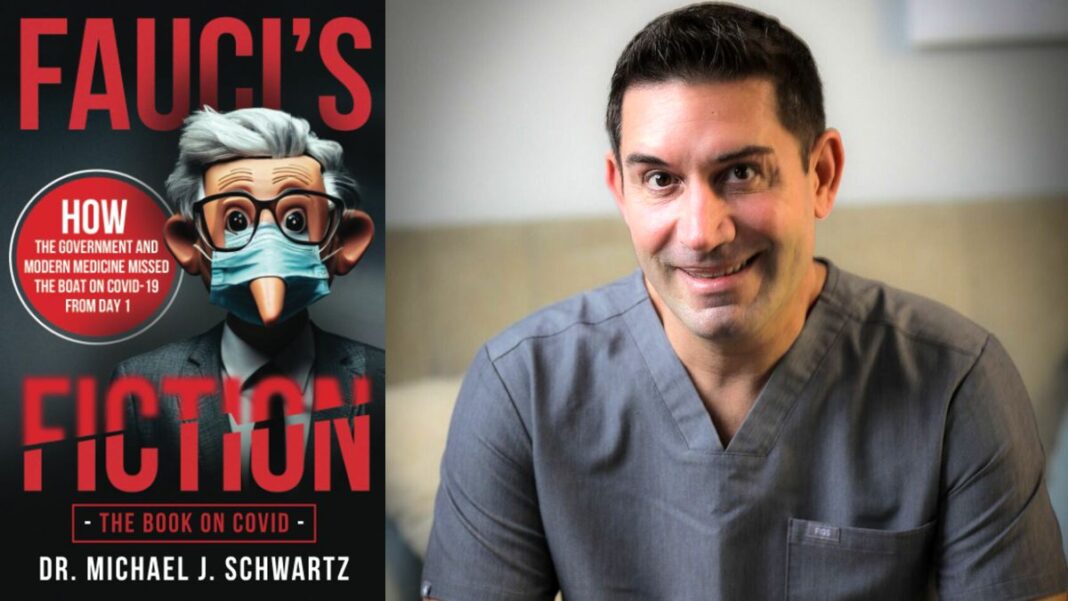Hundreds of millions of U.S. tax dollars went to recipients in China and Russia in recent years without being properly tracked by the federal government, including a grant that enabled a state-run Russian lab to test cats on treadmills, according to Sen. Joni Ernst (R-Iowa).
Ernst and her staff investigators, working with auditors at the Government Accountability Office (GAO) and the Congressional Research Service, as well as two nonprofit Washington watchdogs—Open The Books (OTB) and the White Coat Waste Project (WCWP)—discovered dozens of other grants that weren’t counted on the federal government’s USASpending.gov internet database.
While the total value of the uncounted grants found by the Ernst team is $1.3 billion, that amount is just the tip of the iceberg, the GAO reported.
Among the newly discovered grants is $4.2 million to China’s infamous Wuhan Institute of Virology (WIV) “to conduct dangerous experiments on bat coronaviruses and transgenic mice,” according to a May 31 Ernst statement provided to The Epoch Times.
The $4.2 million exposed by Ernst is in addition to previously reported funding to the WIV for extensive gain-of-function research by Chinese scientists, much of it funded in whole or part prior to the COVID-19 pandemic by National Institutes for Health (NIH) grants channeled through the EcoHealth Alliance medical research nonprofit.
The NIH has awarded seven grants totaling more than $4.1 million to EcoHealth to study various aspects of SARS, MERS, and other coronavirus diseases.
Buying Chinese Puppy Parts
As part of another U.S.-funded grant, hearts and other organs from 425 dogs in China were purchased for medical research.
“These countryside dogs in China are part of the farmer’s household; they were mainly used for guarding. Their diet includes boiled rice, discarded raw food animal tissues, and whatever dogs can forage. These dogs were sold for food,” an NIH study uncovered by the Ernst researchers reads.
Other previously unreported grants exposed by the Ernst team include $1.6 million to Chinese companies from the federal government’s National School Lunch Program and $4.7 million for health insurance from a Russian company that was sanctioned by the United States in 2022 as a result of the invasion of Ukraine.






